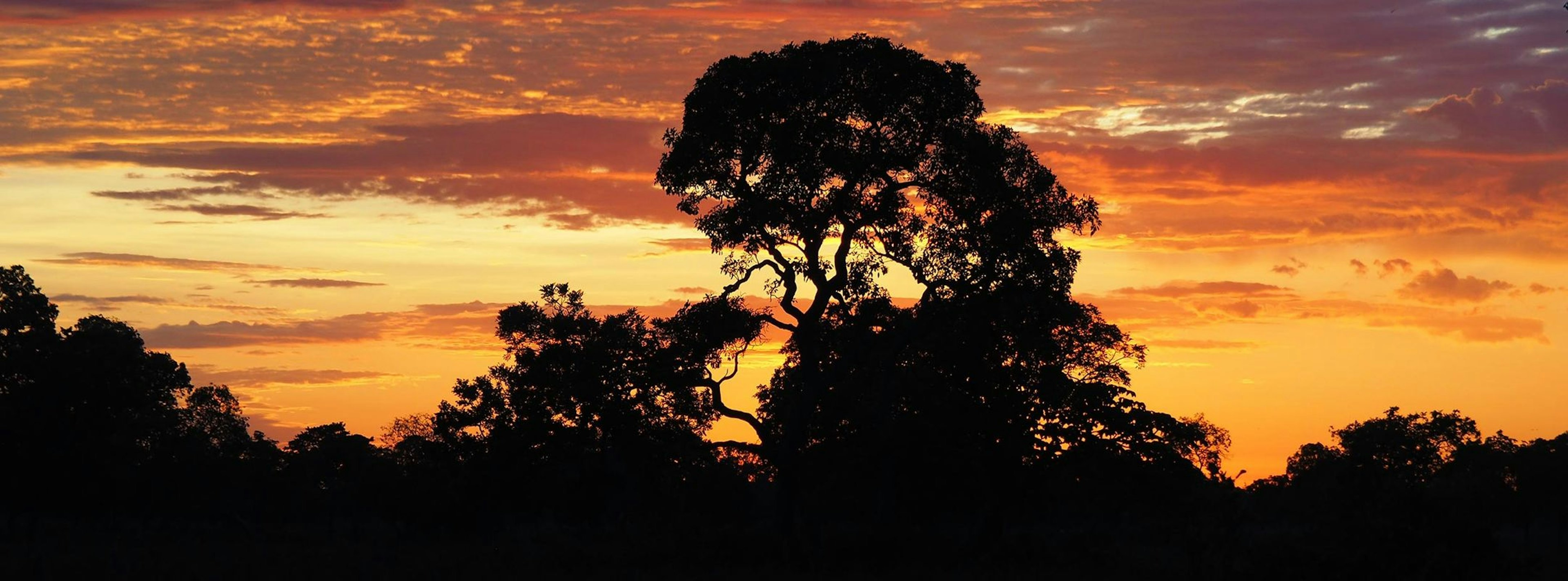Creating a sustainable jurisdiction for agriculture and conservation
24 Nov 2020
7 min read
The case of the Produce, Conserve, Include (PCI) initiative in Mato Grosso, Brazil.

Mato Grosso (stephanie-morcinek/ Unsplash)
The case of the Produce, Conserve, Include (PCI) initiative in Mato Grosso, Brazil.

Mato Grosso (stephanie-morcinek/ Unsplash)
We use cookies on our site.